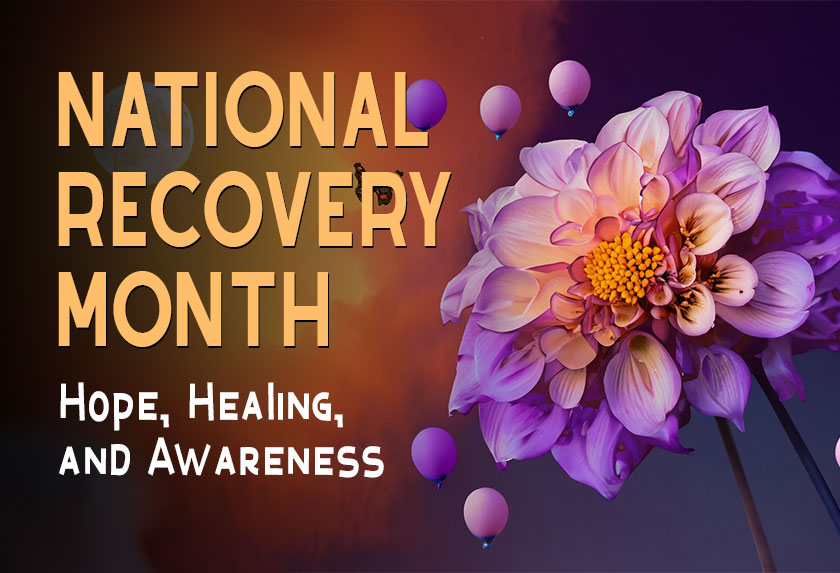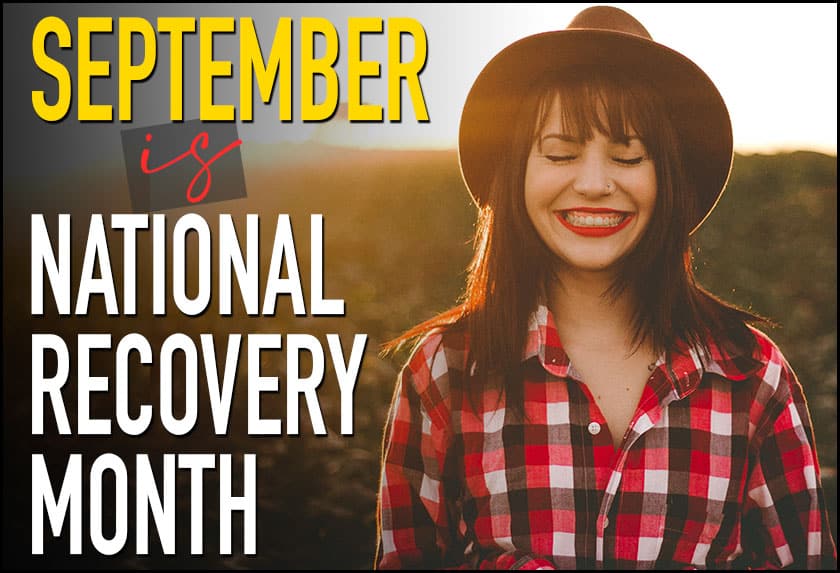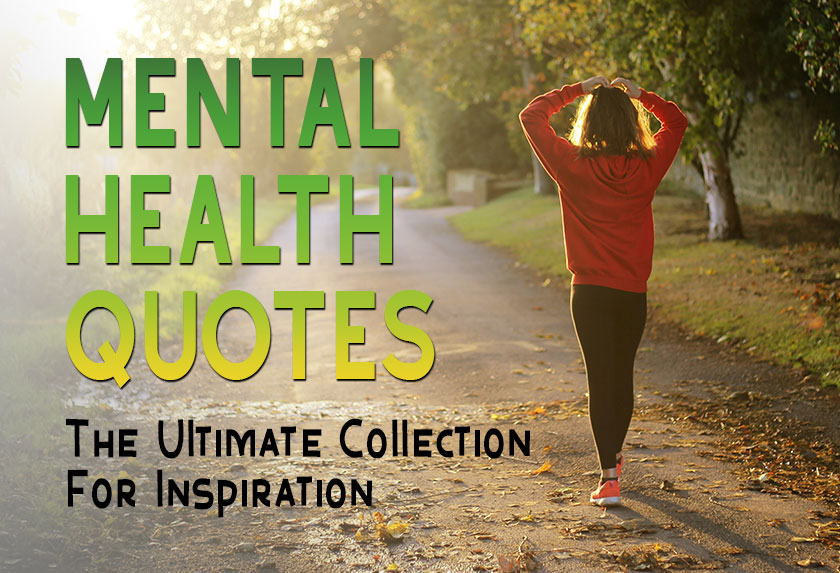September is a significant month in the United States, not only for its transition from summer to fall but also because it is National Recovery Month.
This month-long observance is dedicated to raising awareness about substance use disorders, celebrating the achievements of individuals in recovery, and promoting the message that recovery is possible for everyone.
In this blog post, we’ll delve into the history of National Recovery Month, its importance, and how you can contribute to spreading awareness and supporting those on their journey to recovery.
What is National Recovery Month?
National Recovery Month is an annual observance held in September to educate people about substance use disorders and the importance of recovery.
It aims to reduce the stigma associated with addiction and promotes the message that addiction treatment is effective and that recovery is possible. This initiative also highlights the contributions of individuals who have reclaimed their lives in long-term recovery.
When is National Recovery Month?
National Recovery Month takes place throughout the entire month of September.
It’s a time when communities, organizations, and individuals come together to celebrate those in recovery and provide resources and support to those who are still struggling.
The History
The origins of National Recovery Month can be traced back to the late 1980s.
The observance began as “Treatment Works! Month” in 1989, initiated by the National Association of Alcoholism and Drug Abuse Counselors (NAADAC). The goal was to raise awareness about the effectiveness of addiction treatment and the positive impact it has on individuals, families, and communities.
In 1998, the observance was renamed National Alcohol and Drug Addiction Recovery Month, expanding its focus to encompass the broader concept of recovery. In 2011, the observance was once again renamed as National Recovery Month to better reflect its mission and goals.
Today, NRM is organized by the Substance Abuse and Mental Health Services Administration (SAMHSA), a branch of the U.S. Department of Health and Human Services. SAMHSA collaborates with various organizations and stakeholders to promote and celebrate recovery throughout the month of September.
Why is National Recovery Month Important?
1. Reducing Stigma: One of the primary objectives of National Recovery Month is to reduce the stigma associated with substance use disorders. Stigma can be a significant barrier to seeking treatment and support, and it often perpetuates feelings of shame and isolation among individuals and their families.
2. Raising Awareness: National Recovery Month provides an opportunity to educate the public about addiction, treatment options, and the process of recovery. Many people still have misconceptions about addiction, and this month helps dispel myths and provide accurate information.
3. Celebrating Success: National Recovery Month celebrates the accomplishments of individuals in recovery. It highlights the resilience and strength of those who have overcome addiction and are leading fulfilling lives.
4. Promoting Treatment: The observance emphasizes the effectiveness of addiction treatment and encourages those in need to seek help. It sends a crucial message that recovery is possible and worth pursuing.
How Can You Help and Spread Awareness?
1. Educate Yourself: Start by educating yourself about addiction and recovery. Understand the challenges individuals face and the various treatment options available.
2. Share Information: Use your social media platforms and personal networks to share articles, resources, and stories related to recovery. Spreading accurate information can help combat stigma.
3. Volunteer: Many organizations and treatment centers are looking for volunteers to assist with events and outreach during National Recovery Month. Consider donating your time and skills to a local organization.
4. Attend Events: Look for events in your community. These events often include rallies, workshops, and discussions about addiction and recovery.
5. Support Recovery Services: Donate to or volunteer with organizations that provide addiction treatment and support services. Your contributions can make a significant difference in someone’s life.
6. Be Compassionate: If you know someone struggling with addiction, offer your support and understanding. Encourage them to seek treatment and be there for them during their recovery journey.
National Recovery Month is a vital annual observance that aims to break down the barriers surrounding addiction, celebrate recovery, and offer hope to individuals and families affected by substance use disorders.
By spreading awareness, supporting those in recovery, and promoting a compassionate and understanding approach, we can all contribute to the success of this important initiative.
Together, we can help individuals find their path to healing and recovery, creating healthier and happier communities across the nation.






